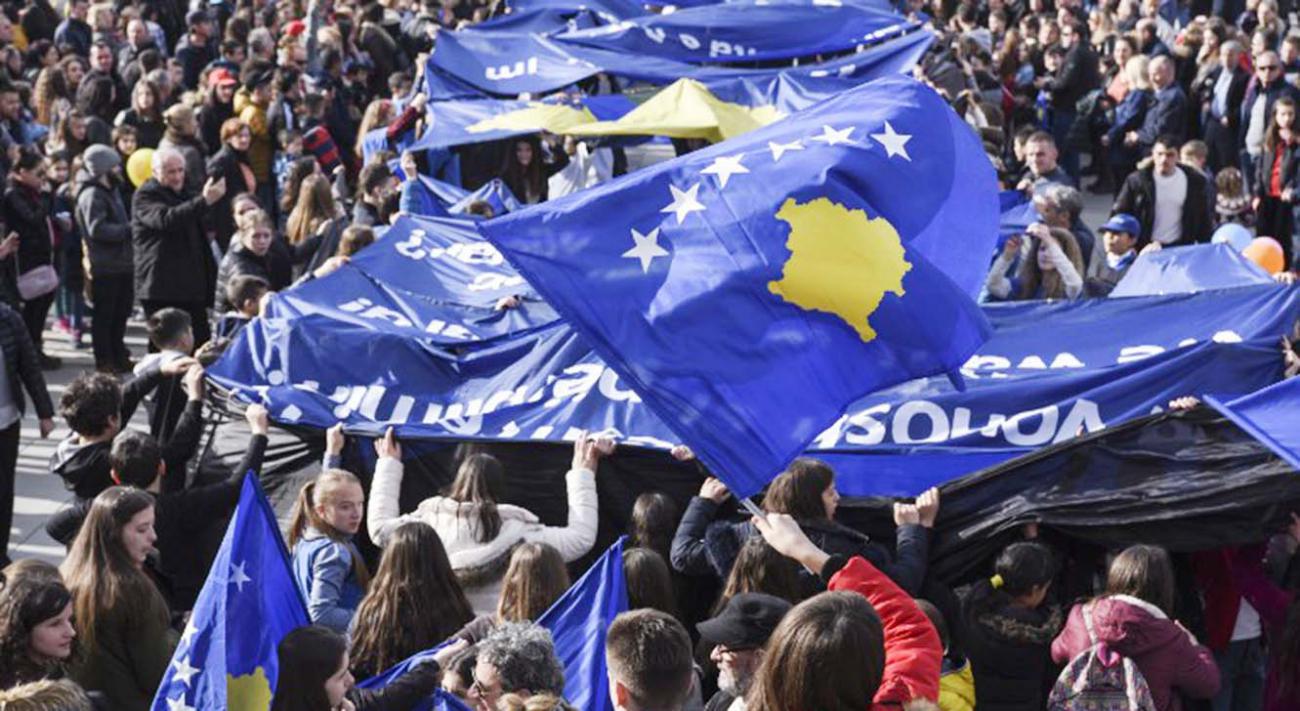By Andrew Quinn
DHAKA | Sun May 6, 2012
(Reuters) – U.S. Secretary of State Hillary Clinton on Sunday warned Bangladesh’s government not to undermine pioneering microlender Grameen Bank, saying it was a key driver in the South Asian nation’s slow climb out of poverty.
Clinton met with Grameen’s ousted founder – Nobel Prize-winning economics professor Mohammad Yunus – and later voiced strong support for the organization which has fallen out of favor with Bangladesh’s political leadership.
“I have followed the dispute over Grameen Bank from Washington and I can only hope that nothing is done that in any way undermines the success of what Grameen Bank has accomplished,” Clinton told an audience at a public question-and-answer session in Dhaka.
“I highly respect Mohammad Yunus and I highly respect the work that he has done and I am hoping to see it continue without being in anyway undermined or affected by any government action. That would be unfortunate.”
Clinton, the first senior U.S. official to visit Bangladesh since 2004, has used the trip to bolster Grameen and Yunus himself, who was ousted as the bank’s leader last year after the government declared that he was beyond the official retirement age.
Yunus’ supporters maintain that his removal was part of a political vendetta by Bangladesh Prime Minister Sheikh Hasina’s government against a potential future political challenger to her rule.
U.S. officials say Washington is now watching closely as Bangladesh moves to name a successor to Yunus, emphasizing that the process must be clear and transparent and not undercut Grameen’s accomplishments in bringing economic opportunity to poor women.
Around 10 million Bangladeshis, mostly poor women, have been benefited by small credit offered by the Grameen, and Yunus vowed to raise the number by millions more in a few years. The beneficiaries say the money immensely helped them fight – and largely come out of – poverty.
Clinton’s 24-hour visit to Bangladesh is part of an Asia tour that started in China, where she tangled with Beijing over the fate of a Chinese dissident holed up at the U.S. embassy, and will conclude in India, where U.S. officials want assurances that New Delhi is taking strong action to cut oil imports from Iran.
Clinton visited Bangladesh in 1995 as U.S. first lady, and on Sunday said the country had made impressive strides in growing its economy, combating poverty, improving agricultural productivity and reducing maternal and child mortality.
She also sought to encourage Hasina and her chief political rival, Begum Khaleda Zia, to reduce tensions which have spurred strikes and protests, ushering in one of the most politically unsettled periods in the country in the past decade.
Source: Reuters








